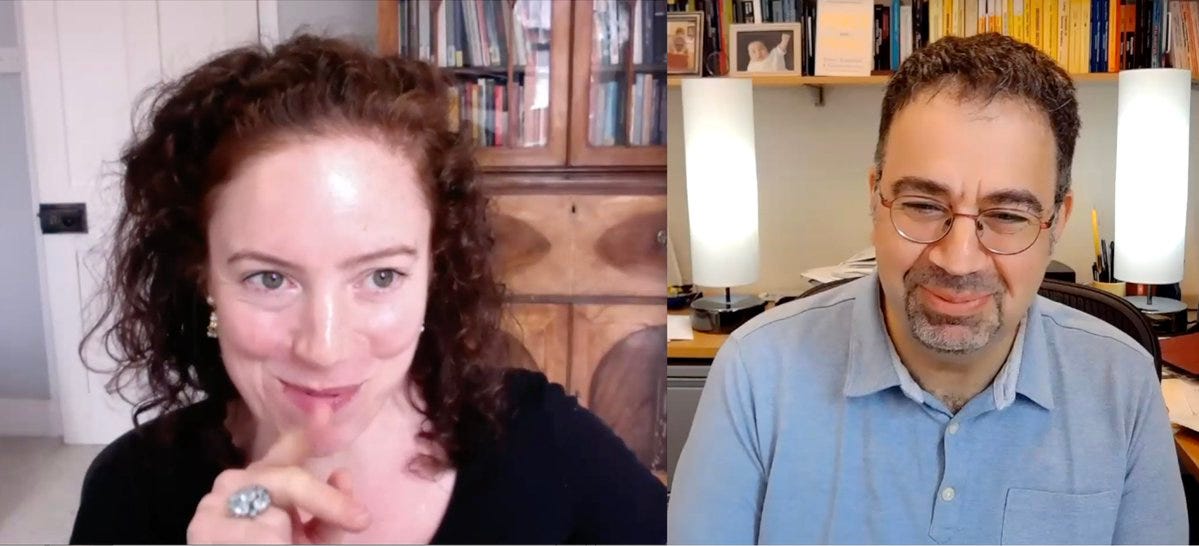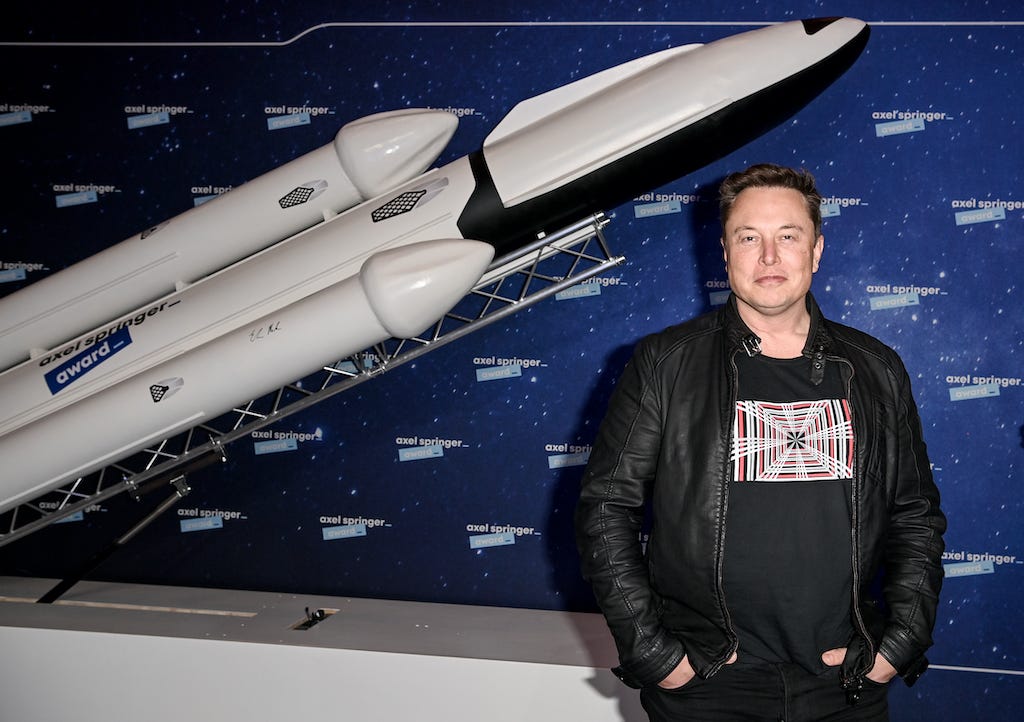Power and Progress: A Conversation with Daron Acemoglu
Dr. Alice Evans: We are living in an age of incredible technological innovation, but is it really benefiting humanity? MIT Professors, Daron Acemoglu and Simon Johnson have a tremendous new book on this exact question, “Power and Progress: our thousand Year Struggle Over Technology and Prosperity”. Professor Daron joins me today. Welcome.
Prof. Daron Acemoglu: Thank you, Alice. It's a true pleasure to be with you.
Dr. Alice Evans: I have organized this conversation into six sections:
How your theory departs from earlier books
Premature deindustrialization in developing countries
Early versus late industrialization
When does technology improve welfare?
What's caused the fall in worker power?
Why has automation increased?
How can technology be redirected?
Prof. Daron Acemoglu: Perfect. Do we have a couple of days to cover it all? [laughs]
Dr. Alice Evans: You argue that whether a new mode of production improves wages depends on three conditions, worker marginal productivity, worker power, and vision. Can you explain?
Prof. Daron Acemoglu: First, I think in economics we have jumped too quickly from technologies improving average productivity to actually raising marginal productivity. This is what happens in some of the most common models. But those are because of simplifying assumptions such as, you know, simple production functions or because of other long run adjustments.
But none of those are really compelling, when you think about historical episodes. Perhaps the best way of understanding that is not to think about history, but the future. The often made prediction about the factory of the future is that it will have two employees, a man and a dog. The man is there to feed the dog, and the dog is there so that the man doesn't touch the equipment.
So if that factory becomes a reality, or even we are approximately in the vicinity of something like that, you can see that average productivity. Total output divided by labor will be very, very, very high. But the marginal productivity (meaning the contribution of that worker to output) is nil. So even in the best functioning labor markets, firms will not rush to hire more employees and their dogs, and we won't have very high wages even though output increases. If that's the case, we're not going to have shared prosperity because most of us actually earn our living in the labor market.
We need the types of technological changes that increase both average productivity and worker marginal productivity. Second, even if worker marginal productivity increases, if all power is in the hands of the employers, they may not pay higher wages.
After all, the cotton gin hugely increased the marginal productivity of cotton plantation workers. But those poor souls happened to be enslaved black people and their coercion intensified as the cotton economy soared.
‘Vision’ for us is critical because it shapes what types of technologies we develop and adopt; and what types of organizations we favor.
Those are going to depend on vision, especially a vision of powerful people. Today, that’s Sam Altman, Elon Musk, Mark Zuckerberg. In the past, it may have been the bosses of the largest corporations or people who set the agenda for the types of technologies that we're developing.






